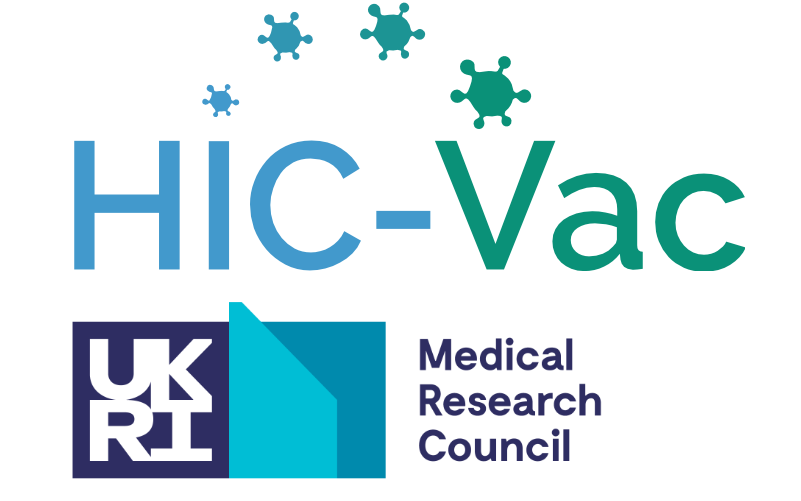Institute: Imperial College London
Airway transcriptomics during influenza challenge
Respiratory viruses are among the most important causes of severe disease worldwide. To cause infection, they most commonly settle in the nose and must enter cells and start reproducing. This is therefore a critical point that determines whether an individual will succumb to or resist infection.
Little is known about the early response to influenza A virus (IAV) in the upper respiratory tract. Better understanding of what distinguishes nasal responses of those who develop symptomatic infection and those who are protected will allow us to identify more effective targets for prevention and treatment of this important disease. Twenty-one healthy adult volunteers were previously inoculated with influenza virus and nasal tissue collected at days 0, 1, 2, 3, 7, 10, 14 days. Of these, 15 developed symptomatic infection while 6 remained uninfected. To investigate the changes that take place over the course of infection in the nose, we will examine the genes that are turned up and down in these cells. These will be compared with the amount of virus in the nose at the time, the severity of symptoms, and the amount of antibody produced. In this way, pathways in the nose that are activated during influenza and may be associated with disease severity and the immune response will be identified. Additionally, we will test whether there are differences between volunteers who succumb to infection and those who resist it as, in other respiratory viral infections, different types of inflammation in the nose are a factor in whether people become infected.
Together, these studies will show what is going in the nose before and during influenza infection that that determine the severity of disease, providing targets for developing diagnostic tests, treatments and better vaccines.
Read more about Professor Chiu here.

